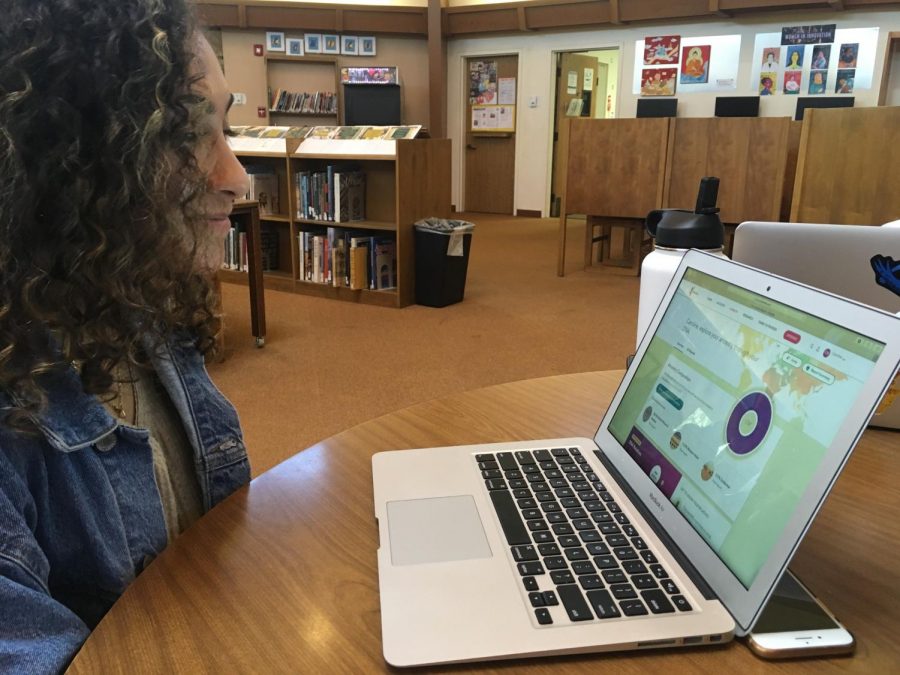Genealogy tests have gained a newfound popularity as people are aiming to discover more about their personal ancestry. These tests are run by companies like 23andMe or FamilyTreeDNA, who send you a home collection kit which you send back with your saliva. Using that sample, these companies can determine almost everything about you including your ancestry and your health status.
Recently, FamilyTreeDNA admitted to sharing their clients’ data with the FBI in order to help solve cases. If one person submits their DNA to an organization like this for personal use, their DNA can be linked with any criminal relatives. The FBI used the genealogy service GEDmatch in order to catch the Golden State Killer, which demonstrates how useful these services’ databases can be.
Dr. Brendan Beikmann, science department faculty, said, “I like the idea of [a genealogy database] being used to solve cold cases because it’s a huge bank of DNA that can be useful and if you do a crime like that you should get caught. The only downside is, there’s no warrant for it so technically it’s not protected, the same way that the FBI can’t just come search your house without cause. There probably should be a process in there where they have to justify what they’re doing before they can access the data. But using that data, if it’s done legally, I think would be totally good. It’s a huge database.”
Out of 41 Webb students surveyed, 53.7% believe that the FBI is justified in using people’s data from genealogy sites in order to solve cases, even if it meant finding out that one of their relatives was a criminal.
Caroline Metyas (‘20), who has just gotten her ancestry traced on 23andMe, said, “I don’t care [about the FBI] because I just want to know where I’m from. Also the FBI is going to collect information on me either way. If they’re using my information for a good purpose, then that’s okay, because if they’re going to solve a crime or do something important for the world that’s beneficial, I understand.”
This entire debacle raises the issue of privacy, especially in this time of technological advancement. Many of us are comfortable sharing our DNA when it makes our life easier, such as thumbprint technology that unlocks your phone for you. But why does this issue of privacy matter more when it comes to the government?
In the words of James Comey, the former director of the FBI, “There is no such thing as absolute privacy in America.” There are so many ways in which other people can invade your privacy, especially in the digital age. Apps on your phone like Snapchat or Find My Friends are constantly tracking your location, and there have been multiple conspiracy theories about the FBI watching you through your computer camera.
At Webb, we are constantly using our computers and phones. With that in mind, one must resolve to never being fully off the grid. They can turn off their phone tracking, remove themselves from social media, or cover their webcam with tape, but they have to accept that by submitting DNA to a genealogy site they are subjecting themselves to the government.















